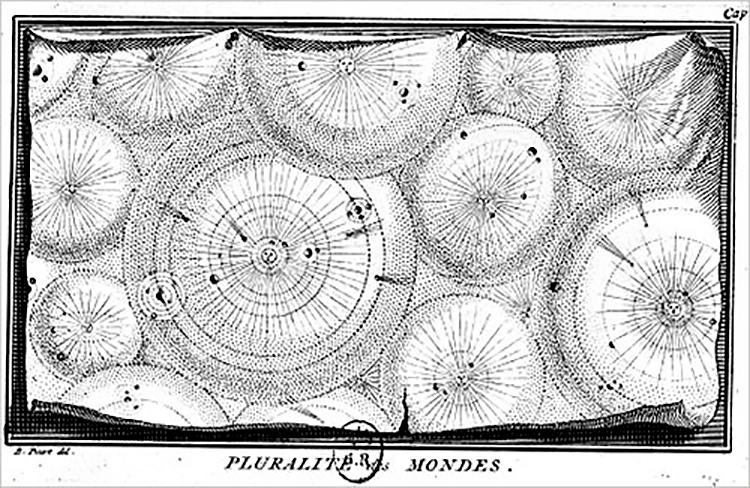2.2 The classical and decadent eras
To summarise this period of equity’s development you can examine two distinct eras that Siegel has isolated, the classical (c.1450–c.1650) and the decadent (c.1650–c.1800). While both periods were characterised by ‘an interlocking mosaic of ancient rules’, Siegel further claims that:
Nonetheless, subtle differences distinguish the basic conceptions of the two periods. In the classical era the validity of the law lay in its wisdom, and ancient rules were merely the primary source from which jurists debated and derived a case’s just disposition. In the decadent era, however, the validity of law – at least the common law as opposed to statute – lay in its certainty, and ancient rules were seen as more directly determinative regardless of their wisdom.
At the dawn of modernity, therefore, wisdom or what corresponded with forms of reasoning founded on human emotions, beliefs, practices and instincts was no longer viewed as an appropriate or tenable basis for legal reasoning. As a consequence the careful interwoven relationship of the ‘woof’ to the ‘warp’ in the fabric of law that Plato had so eloquently described many centuries before had once and for all been broken, and it was the broader ideals of equity that would prove to be the casualty.
Activity 2 Having gods, being Greek and getting better
Please read and make notes on the following article:
- Watt, G. (2012) ‘Having gods, being Greek and getting better: On equity and integrity concerning property and other posited laws’ [Tip: hold Ctrl and click a link to open it in a new tab. (Hide tip)] , No Foundations: An Interdisciplinary Journal of Law and Justice, no. 9, pp. 119–43.
Gary Watt makes a point of thinking about and discussing equity in cultural terms. In the article he cites a number of theatrical examples. Can you think of an example drawn from your own cultural knowledge – for example, film, television or literature – that might help describe or explain equity in a similar way?
Discussion
Watt highlights a number of important concerns with regard to equity as both law and idea. For example, the concept of ‘integrity’ in contrast with equity, and in particular how equity can and does function both in and beyond legal systems, is a useful way of thinking about how equity features in the everyday. In other words, Watt reinforces the notion that equity does not have to be thought about only in terms of the law, but also in terms of how we all live our lives on a day-to-day basis.
The importance of equity is illustrated by Watt via a number of cultural sources. It is not hard to find examples in all forms of culture that help describe and explain equity’s concern for tempering harsh rules. For example, the popular 1990s US TV show The X-Files provides a perfect illustration via the contrasting yet complimentary nature of the two main characters, Mulder and Scully. On the one hand there is an inflexible adherence to rules (Scully), and on the other the desire to bend those rules as far as possible in order to find the truth (Mulder).
If you wish to know more about The X-Files, you may like to read the following:
- Bellon, J. (1999) ‘The strange discourse of The X-Files: what it is, what it does, and what is at stake’, Critical Studies in Mass Communication, vol. 16, no. 2, pp. 136–54.
